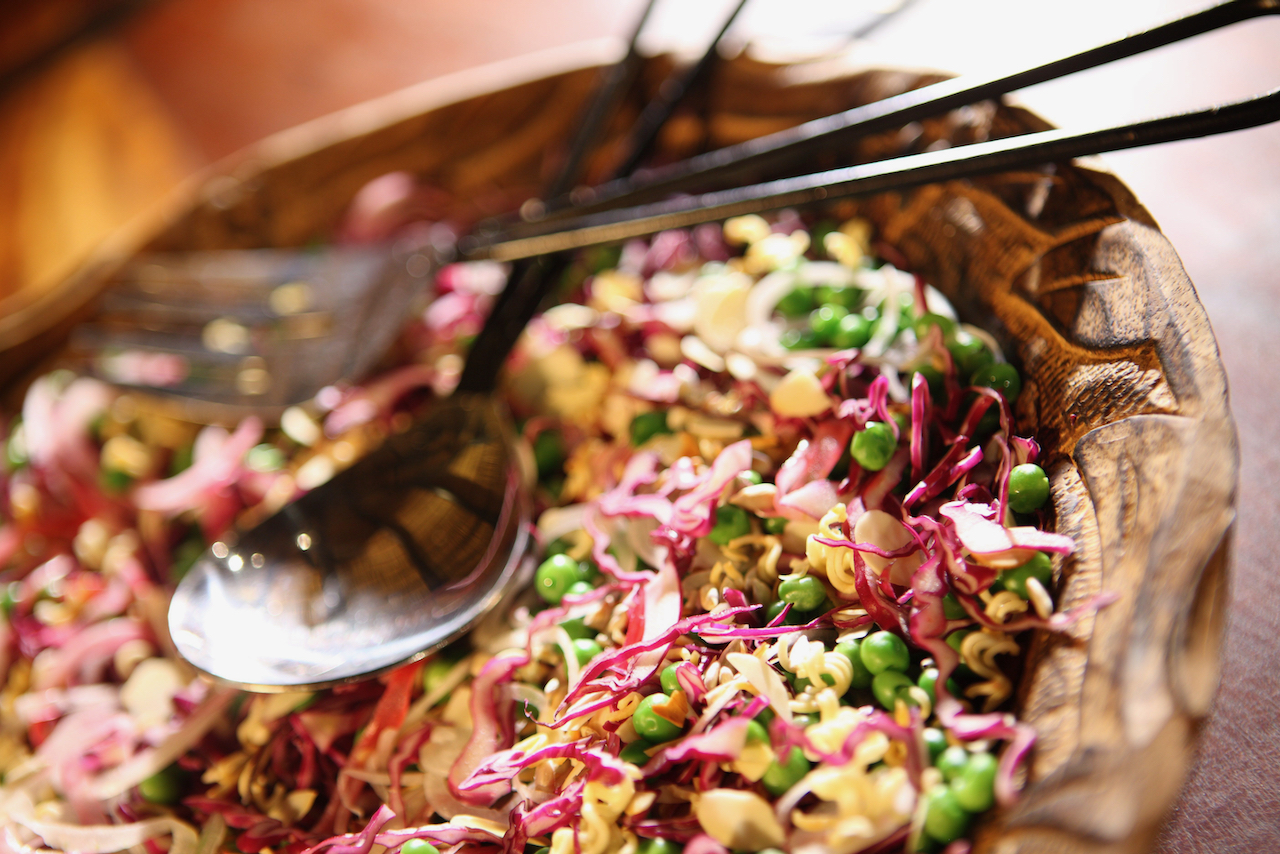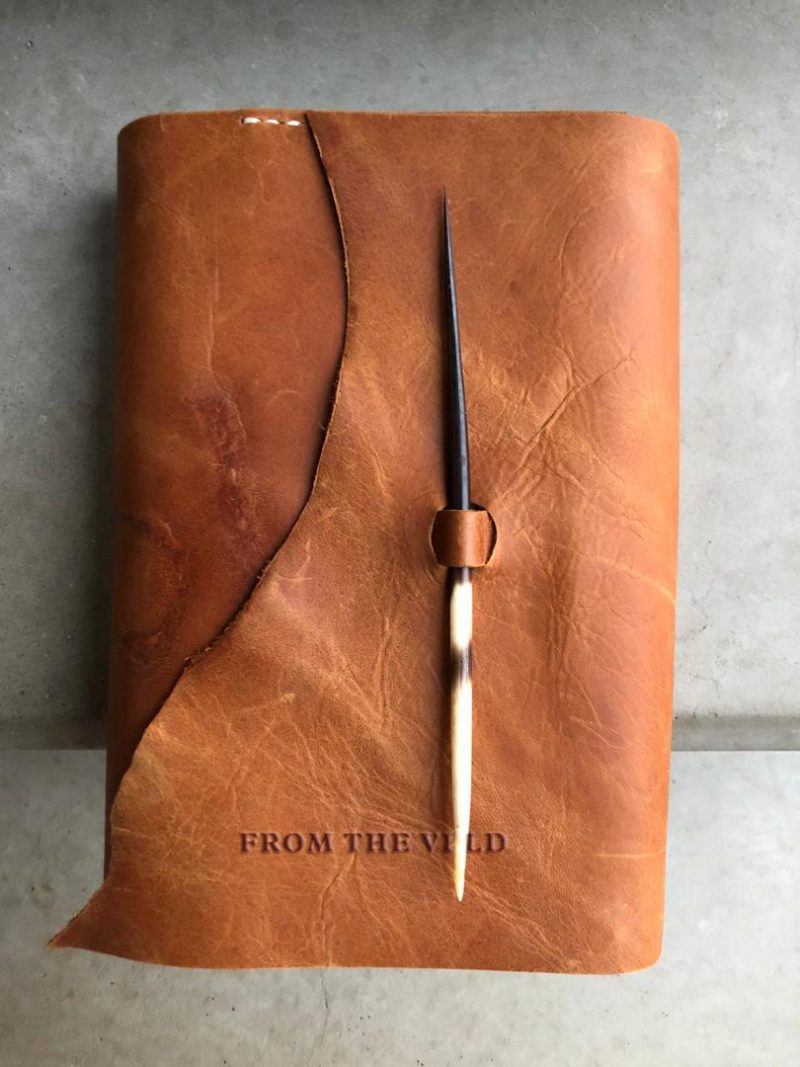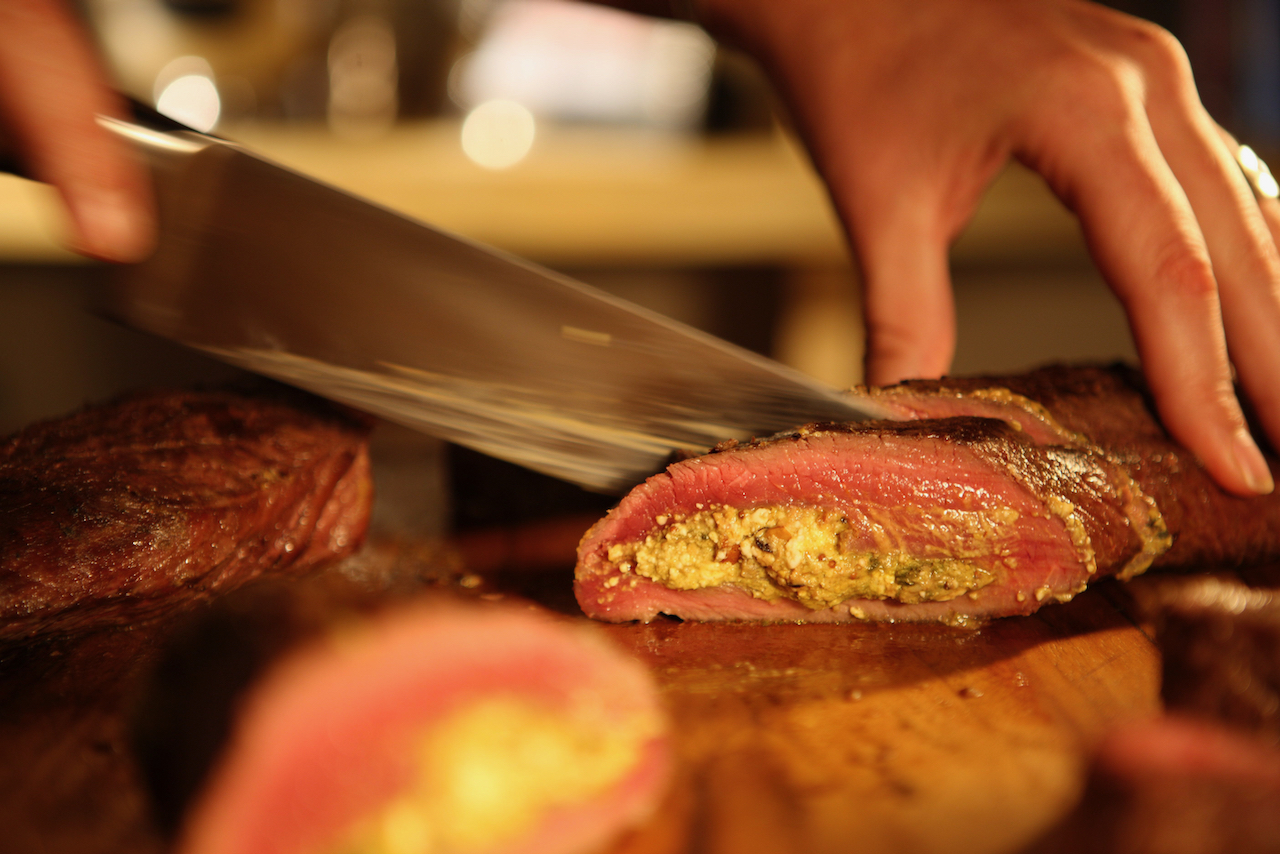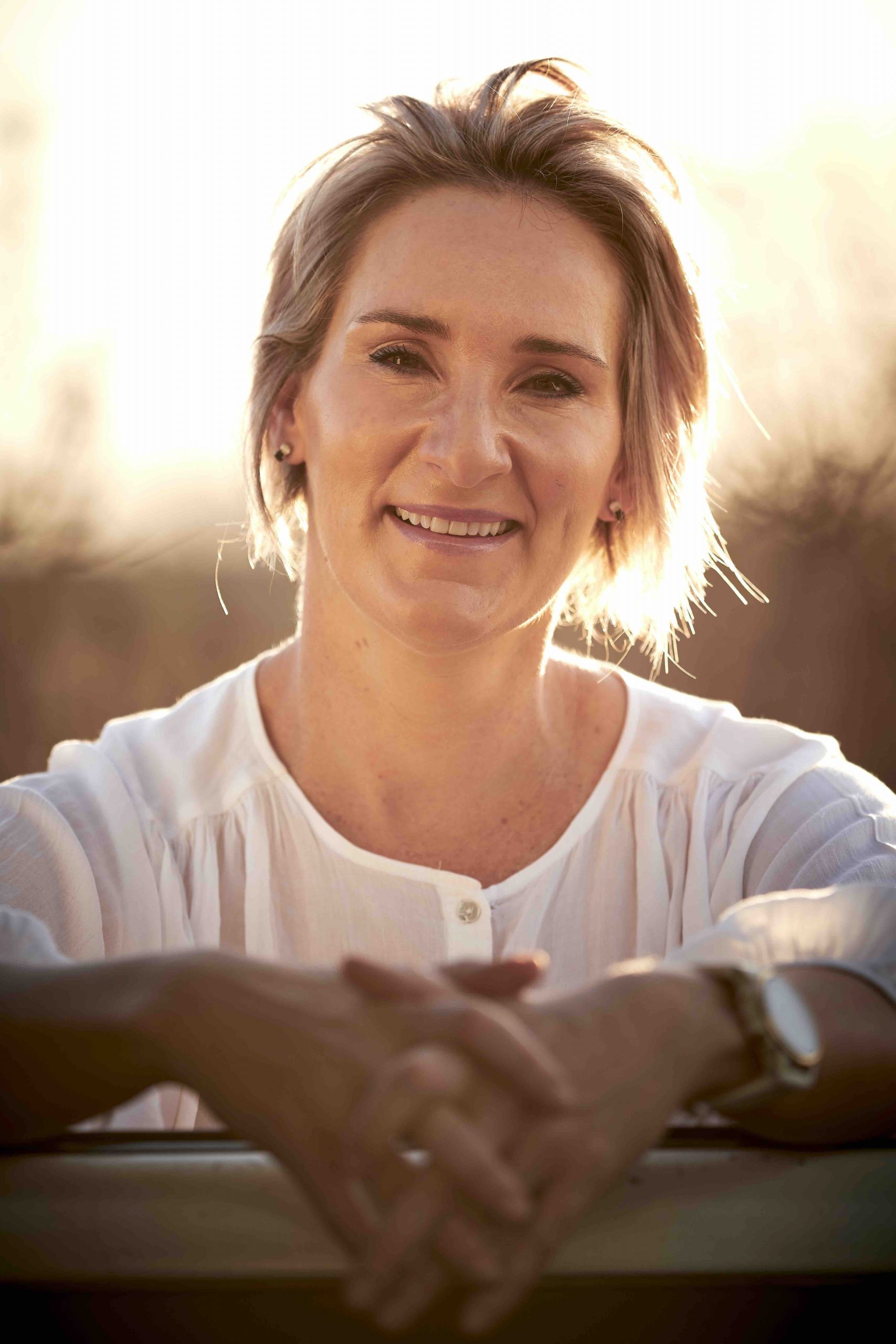Original interview published in partnership with, Conservation Namibia by the Namibian Chamber of Environment.
In our modernised, fast-paced world, many of us are increasingly disconnected from the earth we live on. Our food comes in neat plastic packaging in conveniently sized portions that are slipped into the shopping cart with little more thought about it than the price tag. The most conscientious shoppers will perhaps read the back of the package to find out if the product is organic, local, free-range, etc. But the words on the packaging are as close as many people will ever get to knowing where their food comes from and how it is produced.
Consumer demands for the cheap and familiar have had a severe impact on rural areas around the world. Biodiverse landscapes are ploughed up and replaced with single crop species, domestic livestock have taken the place of numerous wild herbivores – they are easier to manage and produce familiar products like beef and mutton. Not by accident, parts of Africa look just like the English countryside, and produce the same food. The land itself has thus lost its variety, wildness and sense of mystery that we only glimpse when visiting National Parks.
Against this global backdrop, Namibia is perfectly placed to do things differently – this harsh desert country with the world’s second lowest human population density cannot be totally tamed and cultivated. Furthermore, the sustainable use and conservation of the environment are enshrined in the Namibian constitution, thus encouraging farmers to include nature’s bounty as an integral part of their livelihoods.
Danene van der Westhuyzen’s new book From the Veld captures the Namibian approach to living off the land by celebrating the astounding variety of food from nature’s pantry. Far from the shopping carts, tellers and neat packaging of the supermarkets in the city, Danene and her family picks, gathers, milks and hunts for the ingredients that go into the recipes that she has collected in From the Veld.
Danene: I was born and raised in Namibia. I have lived here all my life. My family’s roots are deeply embedded in this soil. The harshness of our beautiful country has forged our existence. Drought grips the land every so often, bringing both despair and discipline. We are constantly aware of nature’s balance, as our survival depends on faithful conservation and the wise use of resources. And so we’ve grown to cherish the parched times as much as we relish the deafening sound of thunder that promises much needed rain.
NCE: What is your lifestyle like on the farm?
Danene: We hunt and gather as much as we can on our farms. Living 200 km from the nearest town, we’ve learnt to make the most of what we have. And we like it that way. It’s a good excuse to fill the corridors with the smell of freshly baked bread every morning. We make our own cakes, croissants and rusks, along with a host of jams to smother them in. We milk our jersey cows for a fresh cup each day, and make all our own butter, cream, yogurt and ricotta cheese. We grow our own vegetables, mainly underground roots as we have an aggressive black frost in the winter that no green thumb can master (for this reason too, my herb garden is a most prized possession). At the beginning of spring we collect ostrich eggs, freezing most of them to last us until the next spring. The end of the summer rains is the time to scour the cracked earth for !/nabbas, the prized Kalahari truffle.
NCE: What role does hunting play in your philosophy of living off the land?
Danene: In Namibia, hunters do not just kill. They are nature lovers who seek sustainable and ethical hunting methods that help conservation strategies, protecting wildlife and its habitats from modern man. They are people who want to experience nature as a participant. People who want to take responsibility for their food. People who acknowledge their kinship with wildlife. I am a hunter. And for that, I am not ashamed. Through hunting, I have fought for my meals, and remembered that eating is a privilege. I have learnt the weight and responsibility of taking an animal’s life, so that I may live. I know the darkness and the light of that act. In Namibia, hunting is an integral part of our conservation model; it benefits communities, wildlife, natural ecosystems and habitats. It also means we enjoy quality game that is naturally at its best: organic, free range, ethically produced, low in cholesterol and free from antibiotics. During the winter hunting season there is no time to rest as the meat is prepared for the year ahead. We use every part of the animal, from steaks and stews to biltong and droëwors [the last two are traditional ways of drying meat in southern Africa]. There is an incredible variety of game to choose from on our farms like gemsbok, springbok, eland, kudu, hartebeest, zebra, impala and more. For game birds we have a choice of guinea fowl, sandgrouse, francolin and ostrich. Warthog is our substitute for wild boar.
NCE: How did you develop the recipes that are presented in From the Veld?
Danene: This book is filled with recipes that were developed over the years by my family, friends and fellow Namibians, and perfected at our Aru Game Lodges, Kalakwa and Veronica. I’ve included my favourite game choices, but readers can try different game as substitutes. These recipes are a tribute to all those who remember our Namibian sunsets and camel-thorn wood fires, and to those who hope to savour them soon.
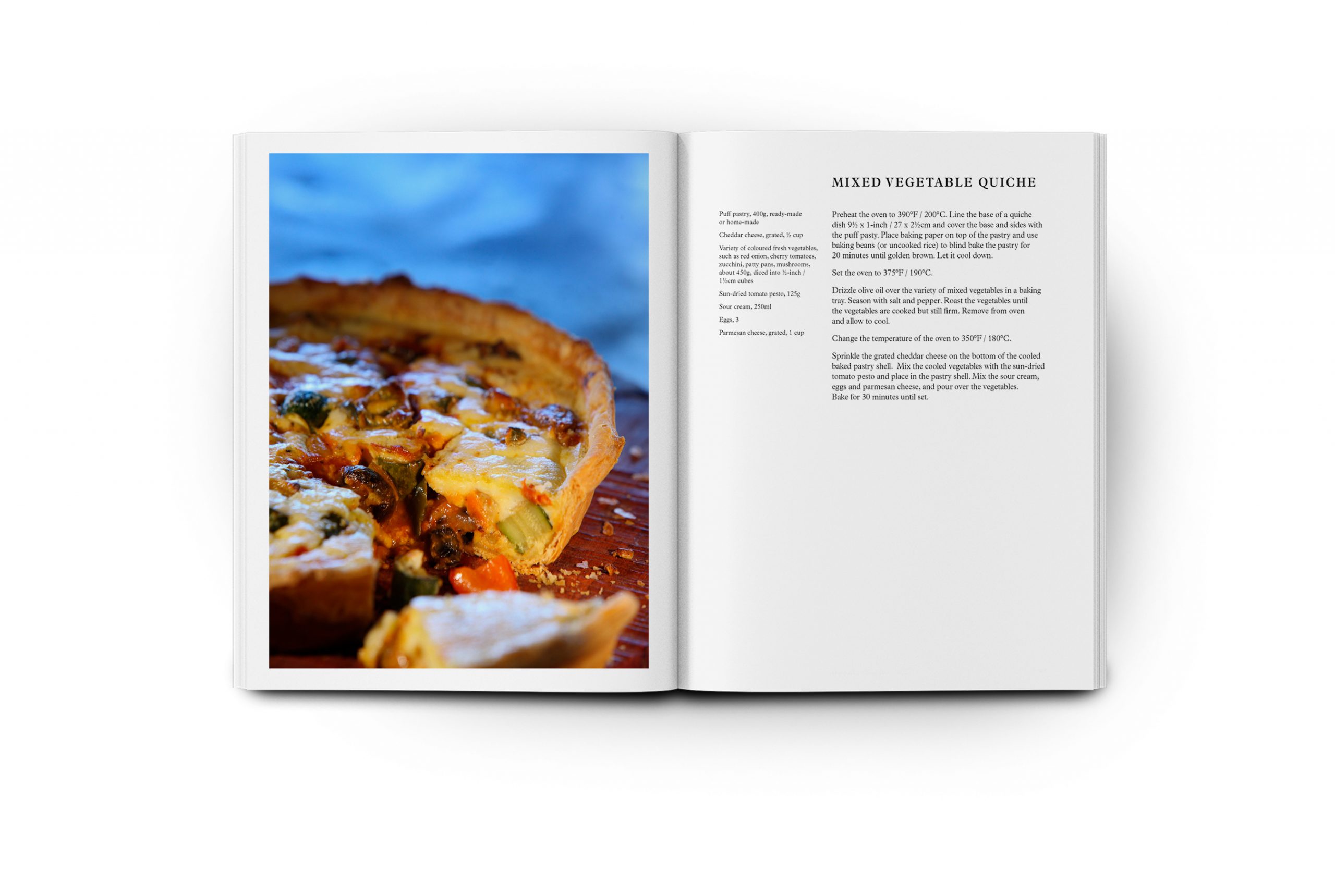
 NCE: Where can one get a copy of From the Veld?
NCE: Where can one get a copy of From the Veld?
Danene: If you can, attend the book launch on the 25th of February from 6-8pm in Windhoek at the Am Weinberg Sky Lounge. Please RSVP with Danene at 081-129-5536 so that we can adhere to COVID regulations. If you cannot make it this time, similar events will be held in March and April (details to be announced). After the launch, the book will be available at major bookshops in Windhoek, or you can order it online here: https://fromtheveld.com/, or via Whatsapp to Danene (number above). 15% of the proceeds from this book will go to NCE for their grant programme that funds conservation projects in Namibia.

